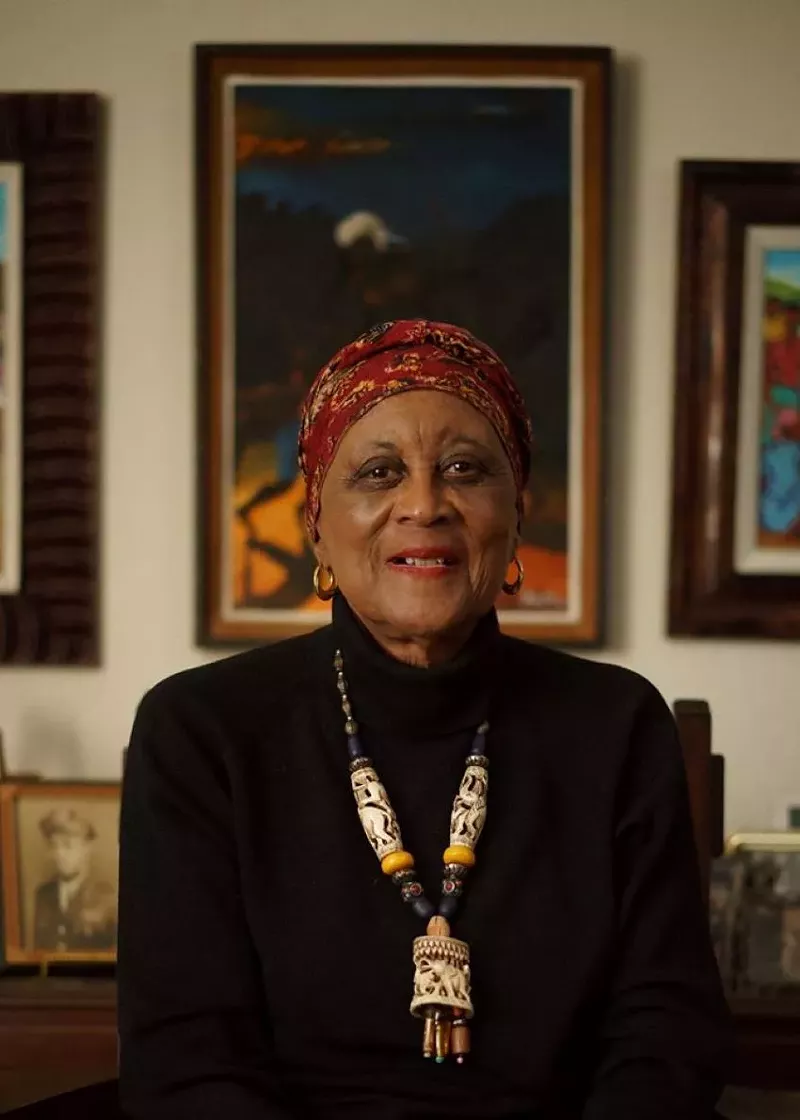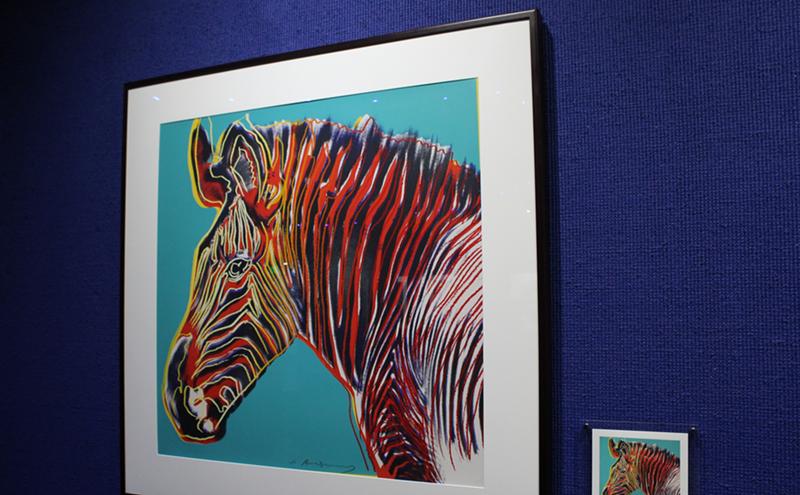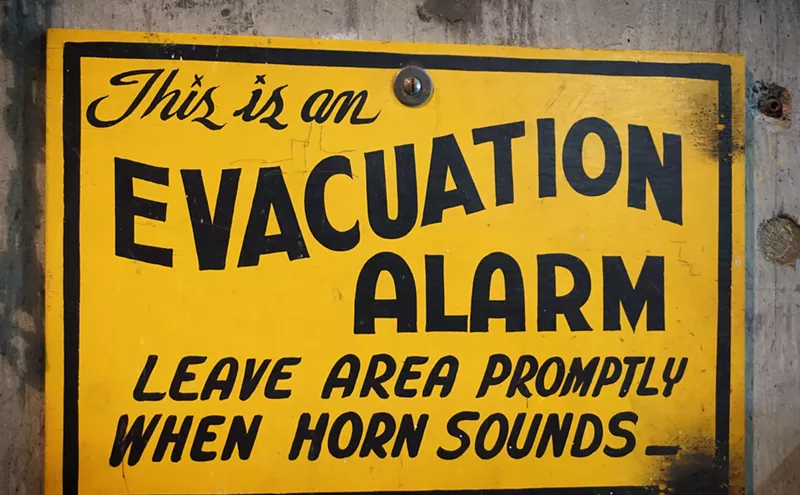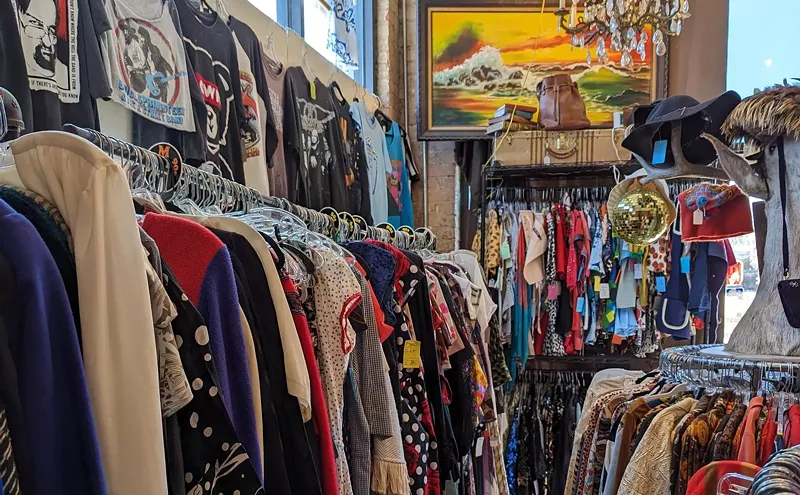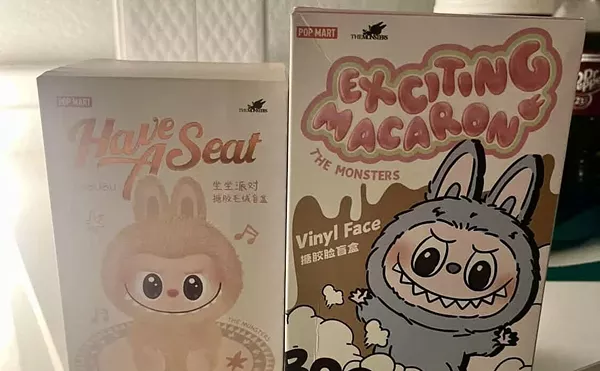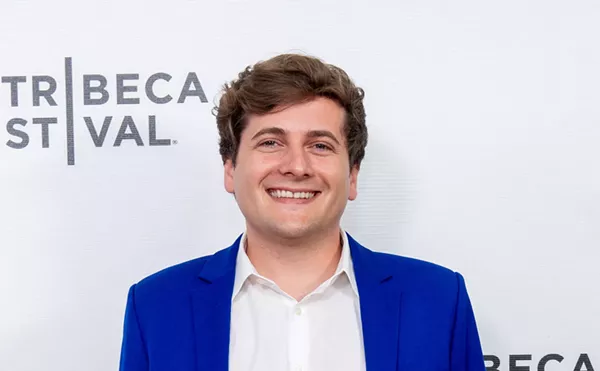Changing deep-rooted, damaging beliefs associated with race is a difficult task. Trickier still is opening eyes blind to their existence, even in the face of recent episodes of racial violence. Racism regularly reminds us it is alive and well in Dallas, feeding on intolerance, micro-aggressions and detachment.
Two Dallas women, born in different and distant eras, excavate testimonies and face racism at close range in both past and present form for the latest Oral Fixation production.
“Dallas is a city divided,” says Dr. Njoki McElroy, who grew up in Freedman’s Town, our city’s post-slavery region for people of color. The 94-year-old black professor, in cahoots with Oral Fixation founder Nicole Stewart, is preparing a production she and other participants hope will touch hearts, inform and transform audiences.
In an era of communication anarchy, might oral storytelling be an efficient way to move the masses? Stewart and McElroy, producer and director of the company’s upcoming Stories for Racial Healing, think the ancient art could be a significant contributor to change. They, along with men and women recruited to share their own tales, have worked relentlessly to stage a relevant and thought-challenging piece.
Bookended by memories of life in Freedman’s Town and the story of Botham Jean, whose killing in 2018 at the hands of a white Dallas police officer riveted the nation, the show tracks and personalizes racism in our city from the '30s to the present.
Stewart founded Oral Fixation in 2011 as a platform for people to share and hear one another’s true-life, entertaining, properly processed and finely tuned stories.
“The chemistry of people bravely sharing with an audience engaged in active listening results in everyone present feeling a little less alone,” Stewart notes.
As the project grew, Stewart, a petite redhead with a soft yet fervent voice, went bigger and braver, diving into social issues. Her launch into social change came perhaps with the most controversial theme possible of the modern age, abortion, “in an election year when reproductive rights have come under attack,” as the Observer reported at the time. It was intentional and for good reason, as Texas is a battleground for the pro-choice movement.
Stewart’s complicated first pregnancy ended in an abortion at 22 weeks. Though she admittedly was terrified to share such a deeply personal story, her autobiographical account would be one of seven stories in a show that became a success, then went on the road and provoked so much attention that Esquire magazine interviewed her husband, Anton Schlesinger.
Stewart's ambition and audacity have no apparent ceiling, so it was no shock when she elected to take on racism as politicians consider their stances on immigration and police relations with black communities. She discussed ideas with a fellow Hockaday alumnus who now works with the Embrey Family Foundation, a charity that supports people of color and promotes unity, which ultimately helped fund multiple performances of Stories for Racial Healing. Her friend helped Stewart realize that, beyond grants and sponsorships, she’d need creative assistance with this endeavor. A young white woman, Stewart accepted that she alone could never adequately present an intensely personal program covering the sphere of racism spanning close to a century.
Hence, this most ambitious effort marks the first time she has stepped back and put direction in the hands of another, and McElroy was extraordinarily qualified for the job. The onetime master of liberal studies instructor at Southern Methodist University has dedicated her adult life to teaching, through personal anecdotes, the history of black oppression, discrimination and racism as well as black resilience.
McElroy says that progress related to black community life in Dallas has been “historic and important.” The sharp and witty storytelling maestro McElroy spins jokes and laughs even while relaying incidents of bigotry and hate. She taught students in her class, titled “Wit and Humor in African-American Literature,” that drollery has long been a device people of color employ to cope with horror, sadness, fear and isolation.
Despite the chuckles, McElroy, like Stewart, believes that sharing personal and detailed recollections is a necessary step to effect cultural change.
“The greatest tool we have for racial healing and understanding each other is sharing our stories,” McElroy says in a promo video. She states that the act of listening is also vital in seeking out a fluid exchange of vital ideas.
“Listening is a gift,” McElroy says.“The greatest tool we have for racial healing and understanding each other is sharing our stories.” — Dr. Njoki McElroy
tweet this
Along with directing, McElroy is the hourlong production’s lead storyteller. Her earliest memories include crossing the bridge into Dallas and seeing a red pegasus soaring atop the tallest building downtown. As a little girl in the '20s and '30s, she says, she felt safe and connected, comfortable in Freedman’s Town.
As the black community rallied to break free from the confines of segregation, McElroy came to see a bigger picture, with discomfort (and far worse) as a price for progress in which she would partake. McElroy will be sharing the images she bore witness to growing up — material that is not in the typical curriculum, she says, including ”the way blacks were able to navigate their way through the system of white supremacy, the resilience blacks have shown."
Another speaker will share a story about integration and the unrest it ignited and show the contrast between the way things were compared with today, Stewart says. Also in the mix is a story about recognizing systemic racism, identifying denial and considering reparations, which notes that the most desired reparation is the acknowledgment that racism still exists, as denying that racism is still alive is the biggest insult of all.
The lineup — five black and two white storytellers — will culminate with Jeremy Bonner, a friend of Botham Jean.
“We wanted to know Botham, his family,” Stewart says. Jean’s sister spent hours with Stewart, McElroy and Bonner so that Bonner could tell Jean’s personal story while standing alone on a blank stage.
The New York Times reported that Jean dressed sharply and kept a clean car in order to avoid even casual encounters with police. Bonner will tell the audience that the article was contrived, that Jean simply was impeccable.
“That’s who (Jean) was," Stewart says. "Impeccable dress, not for fear of police, but because he was an impeccably kept person.”
“To me,” Stewart adds, “(Jean) represented the beauty of the American dream. He started a choir when he was 11, loved to sing. He emigrated to America. He went to St. Mary’s and became an accountant and came to Dallas to work for PricewaterhouseCoopers.”
Jean's death rattled and confounded Stewart and set afire her activist spirit. The only action she knew to take was to do what she does best, enabling people to effectively share and experience a communal empowerment through healing.
“People are wounded every day, and we can begin to heal that pain by connecting to others who have experienced forms of pain, ” Stewart says.
Freedman’s Town to Botham Jean: Stories for Racial Healing premieres at Moody Performance Hall on Tuesday, May 21. Following the initial performance, various free shows will take place at Dallas public libraries throughout the city, ending on June 22.
McElroy recruited most of the performers, and a couple came through the Oral Fixation network, Stewart says.
One sector of Dallas’ population whose voice will go unheard, to Stewart’s initial dismay, is that of a white male willing to talk candidly about his own past or present prejudices. In this case, “the white male voice isn’t yearning to be heard,” Stewart says.
Disappointed after a diligent search for a guy who would own up to a racist background, Stewart realized that she might not have found a white man to lend a voice, but perhaps one would lend an ear.
“We have a group of people with incredible perspective who typically are not heard," Stewart says. "Hopefully the white male audience will listen, because the audience is just as much a part of the performance as the people onstage.”

